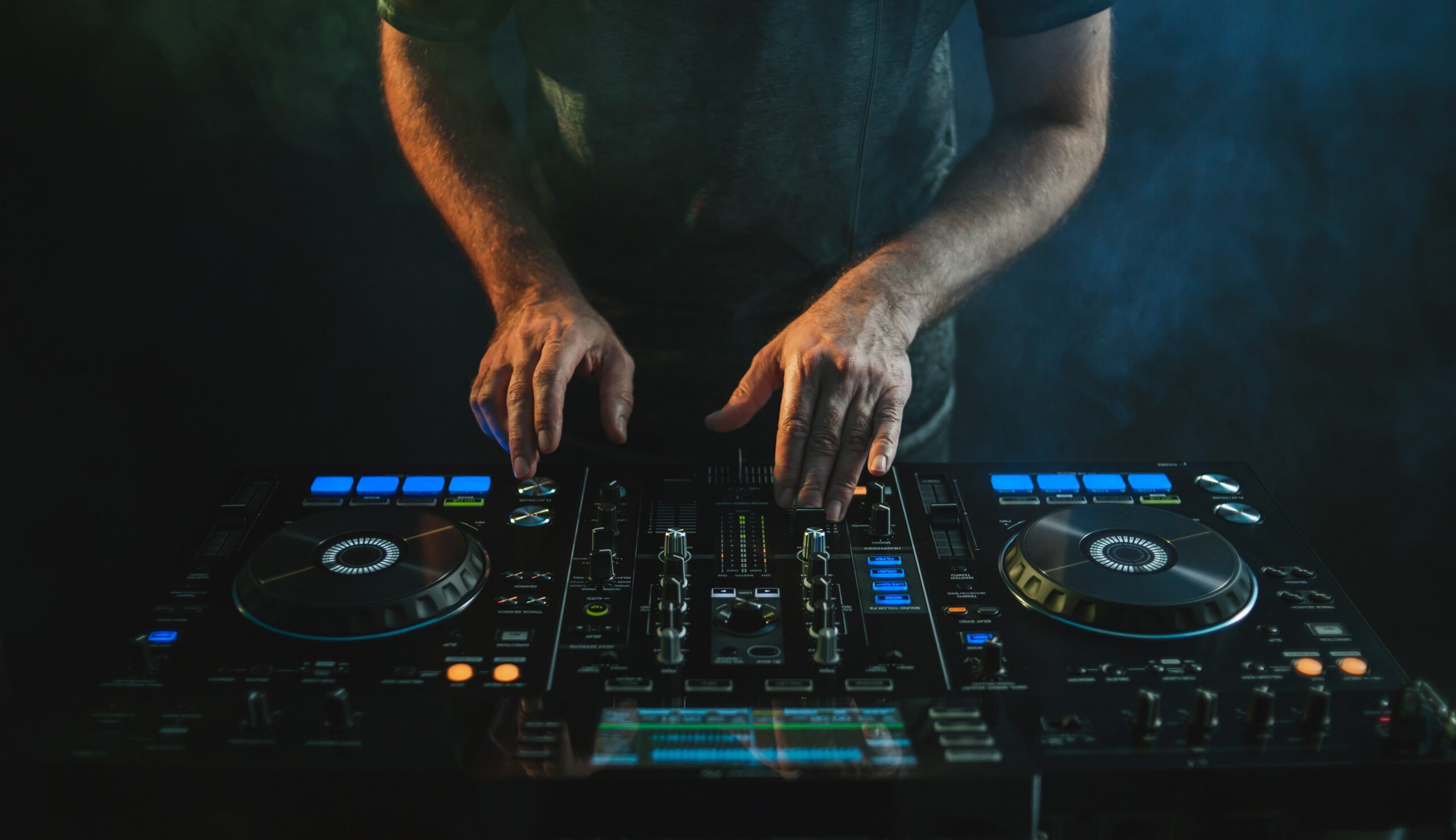Remixing has become an integral part of contemporary music culture, offering artists and DJs a platform to reimagine and reinterpret existing tracks. In this blog post, we’ll dive into the art of remixing, exploring its history, techniques, and impact on the music industry.
Origins of Remixing
The concept of remixing traces back to the early days of music production, where producers would create alternate versions of songs for various purposes, such as radio play or club remixes. Over time, remixing evolved into a distinct art form, blending elements of composition, arrangement, and production.
Creative Freedom and Innovation
Remixing offers artists and DJs unparalleled creative freedom. It allows them to deconstruct original tracks, experiment with new sounds and genres, and craft unique sonic experiences. From subtle tweaks to radical transformations, remixing showcases the endless possibilities of musical reinterpretation.
Techniques and Tools
Modern remixing relies on a range of techniques and tools. DJs and producers use software like Ableton Live, FL Studio, and Logic Pro to manipulate audio tracks, apply effects, and create seamless transitions. Sampling, time stretching, and pitch shifting are common techniques used to reshape sounds and melodies.
Genre Fusion and Cultural Influence
Remixing transcends genre boundaries, facilitating the fusion of diverse musical styles and cultures. It has played a significant role in shaping dance music genres like house, techno, and hip-hop, where remixes often become club anthems and crowd favorites. Remix culture also fosters collaboration and cross-cultural exchange among artists.
Impact on the Music Industry
The impact of remixing extends beyond artistic expression. Remixes often breathe new life into older tracks, introducing them to new audiences and revitalizing artists’ careers. Remix contests and platforms like SoundCloud and Bandcamp provide emerging artists with opportunities to showcase their talent and gain recognition.
Ethical and Legal Considerations
While remixing fuels creativity, it also raises ethical and legal considerations regarding copyright and intellectual property. Artists and DJs must navigate licensing agreements, clearance procedures, and fair use guidelines to ensure legal compliance and respect original creators’ rights.
Conclusion: A Creative Playground
In conclusion, remixing serves as a dynamic and vibrant creative playground for musicians, DJs, and music enthusiasts alike. It embodies the spirit of innovation, collaboration, and artistic expression, continually pushing the boundaries of what’s possible in music production and performance. As we celebrate the art of remixing, let’s embrace its diversity, ingenuity, and transformative power in shaping the musical landscape.

